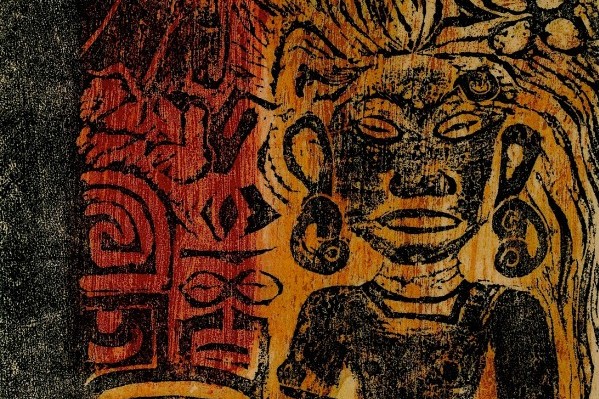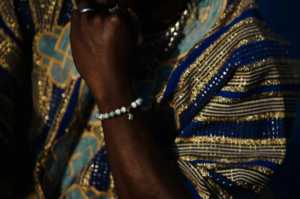We assume that whereas life consists of ordinary, everyday events, fiction is the domain of the strange. But then a story like this one I found on Linda Ikeji’s blog turns up and life suddenly appears bizarre.
Clement is a 54 year old gravedigger at the Gbogbo cemetery in Lagos. The pay was modest—15,000 Naira (100 dollars) per month—but he was content. All in all, he was one happy gravedigger until a fateful encounter.
In the cemetery where he worked, there were two categories of dead bodies. There were those sealed in coffins and buried in deep graves made either of cement or marble. And then there were bodies simply thrown into shallow graves–either for religious or financial reasons. These bodies were dug up, collected, and burned.
One day, a man approached him with a business offer. He would pay Clement as much as a quarter of his monthly gravedigger’s salary for one human head. Clement was initially freaked out by the offer. But he and this stranger soon became friends.
Meet Owolabi. He is 43 years old.
As they talked more, Clement figured out that Owolabi was a native doctor, who used human skull to make medicine.
Ground into a powder and mixed with herbal concoctions, the human skull could reduced birth complications, cure gangrenous sores, mental illness, and epilepsy. Powdered skull added on face powder can have powerful effects on men. A woman looking to marry a rich husband or get a government contract applies it to her face.
In time, Owolabi’s pestering pays off. Clement agrees to the deal.
What changed?
Owolabi presents him with a rather curious argument.
If these bodies were going to be burned anyway, why not salvage a head or two for considerable financial gain? “It is better to sell these human parts to me,” he says, “than allowing them to waste.”
Owolabi’s argument appears simple but becomes infinitely interesting on closer inspection.
Though lifeless, a corpse is not necessarily waste. There is a reason why we don’t call a lifeless human body carcass or trash. Trash is discarded, tossed, burned. A corpse is buried—an act that accords value to the dead body.
If these bodies were going to be dug up from their shallow graves and burned like trash, were they not better off participating in Owolabi’s curative project? By selling him body parts to be used as active ingredients in medicinal products, was Clement not somehow redeeming these bodies, preventing the corpse from being transformed into waste?
After all, he wasn’t asking Clement to kill someone. He certainly wasn’t even asking him to pilfer cemented or marbled graves dug deep enough to secure a casket. Bodies placed in these kinds of graves have been given value in a way that makes any attempt to take them an act of theft.
As Owolabi saw it, he was interested in a different kind of dead body. The difference lies in what separates a corpse from a disposable corpse. All corpse are not equal.
There is something slightly worse that being a dead body, and that is being a corpse that has no value except to be collected like refuse and incinerated.
What he offered these bodies was redemption from the fate of descending to the level of mere trash.
Whether Owolabi’s logic is convincing or not, it certainly shifted Clement’s moral compass. He sold only two head before he and Owolabi fell into the hands of policemen.
Read the News Paper report HERE.
Image: Paul Gaugin via Magic Transistor










Johnd8 May 16, 2017 05:11
Hey very nice website!! Man .. Beautiful .. Amazing .. I'll bookmark your website and take the feeds alsoI'm happy to find numerous useful information here in the post, we need work out more techniques in this regard, thanks for sharing. . . . . . abkbkdfeafca